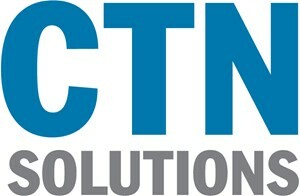Russia’s invasion into Ukraine is very threatening the IT industry. Due to this, the White House is advising businesses to prepare for possible cyberattacks.
Many businesses do not have MFA implemented, but with today’s environment and new outside threats, it is becoming more and more crucial to have this within a business. With the CISA, FBI, and President Biden recently urging businesses to incorporate MFA, it is a must in protecting your business from a cyberattack from Russia.
The White House has specifically announced additional steps to strengthen your security:
- Deploy modern security tools on your computers and devices to continuously look for and mitigate threats
- Make sure that your systems are patched and protected against all known vulnerabilities, and change passwords across your networks so that previously stolen credentials are useless to malicious actors
- Back up your data and ensure you have offline backups beyond the reach of malicious actors
- Run exercises and drill your emergency plans so that you are prepared to respond quickly to minimize the impact of any attack
- Encrypt your data so it cannot be used if it is stolen
- Educate your employees to common tactics that attackers will use over email or through websites
- Work with FBI and CISA to establish relationships in advance of any cyber incidents
Businesses everywhere should understand the importance of enhancing their security with the best practices and act immediately to prepare for any cyberattacks from Russia soon. Although there is no certainty that the Russian government will target U.S. infrastructure, we should still strengthen our cyber defenses to protect businesses from any sort of cyberattack as Russia is considering some sort of retaliation. It is time for U.S. private sectors to advance their cyber defenses since most of the country’s important infrastructure is owned and operated by those private sectors. The above steps and information are attainable ways to ensure your business’s technology will be safe from a cyberattack.
Source; ZDNet.com
